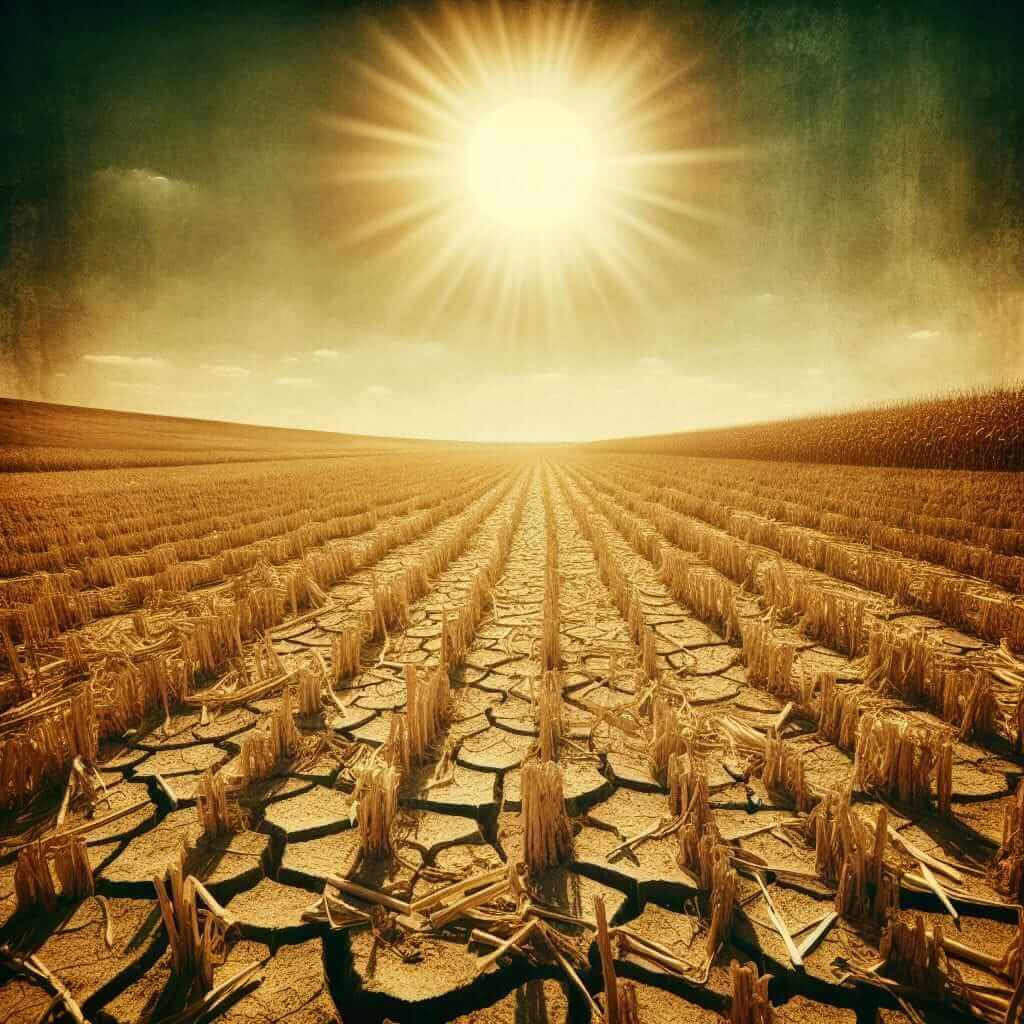The IELTS Reading section is known for its diversity in topics, ranging from science and technology to social issues. One particular topic that has gained traction in recent years is food sustainability. This article will not only provide a sample reading passage about the challenges of achieving food sustainability but will also include questions, answers, vocabulary, and grammatical highlights to prepare for this type of IELTS Reading topic.
Food sustainability remains a vital area of interest for many, owing to its global impact and ongoing relevance. With increasing discussions about climate change, population growth, and agricultural practices, there’s a high likelihood that this topic will continue appearing in future IELTS exams.
Reading Passage: Food Sustainability
The Challenges of Achieving Food Sustainability
Food sustainability refers to the capacity of a food system to provide sufficient, nutritious food over the long term without damaging the natural environment or depleting resources. Achieving food sustainability poses several challenges, each complex and interconnected.
Climate Change
Climate change is a significant obstacle to food sustainability. Extreme weather events, such as droughts, floods, and storms, disrupt food production and supply chains. Additionally, changes in temperature and precipitation patterns can adversely affect crop yields and livestock health, making consistent food production more difficult.
Population Growth
The global population is projected to reach nearly 10 billion by 2050. As populations grow, the demand for food increases, putting immense pressure on both agricultural systems and natural resources. This “demand-supply gap” necessitates innovations in food production, distribution, and consumption methods to sustain the larger population.
Resource Depletion
Intensive farming practices deplete vital natural resources such as soil, water, and biodiversity. Soil degradation through erosion and nutrient loss reduces agricultural productivity, while over-extraction of water for irrigation can lead to water scarcity. Biodiversity loss impacts ecosystem stability, affecting pollination, pest control, and genetic diversity of crops and livestock.
Economic and Social Inequality
Food distribution and access are uneven worldwide, aggravating food sustainability challenges. Economic disparities mean that while some areas suffer from surpluses and waste, others face chronic shortages and hunger. Social factors, including limited access to education, land, and financial resources, exacerbate these disparities.
Technological and Infrastructure Gaps
While technological advancements can enhance food production and reduce waste, they are not evenly accessible across the globe. In developing regions, inadequate infrastructure and limited access to modern agricultural techniques hinder efforts to improve food sustainability. Investments in research, development, and infrastructure are crucial for bridging these gaps.

Questions
Multiple Choice
- Which of the following is NOT mentioned as a challenge to achieving food sustainability?
A. Climate Change
B. Population Growth
C. Political Instability
D. Resource Depletion
True/False/Not Given
- Food sustainability includes the ability to provide nutritious food consistently.
- The global population is expected to double by 2050.
- Soil erosion can enhance agricultural productivity.
Matching Headings
Match the following section titles to the appropriate paragraphs:
A. The Role of Technology
B. Impact of Climate Change
C. Economic Inequality
D. Resource Depletion
Sentence Completion
Complete the following sentences:
5. Over-extraction of water for irrigation can lead to __.
6. Technological advancements can __ food production and reduce waste.
Answer Key
- C. Political Instability
- True
- False (The global population is projected to reach nearly 10 billion by 2050, but not double).
- False (Soil erosion reduces agricultural productivity).
- Water scarcity
- Enhance
Common Mistakes and Advice
Common Mistakes
- Misinterpreting the passage – Ensure that you fully understand each paragraph and do not skim through crucial details.
- Misleading choices in MCQs – Be wary of distractor options that seem correct but are not directly supported by the passage.
- Matching errors – Carefully read both the headings and paragraphs multiple times – titles may appear similar, creating confusion.
Advice
- Practice Active Reading: Engage with the text by summarizing each paragraph in your mind.
- Time Management: Allocate your time wisely, ensuring you have enough time to go through the questions and review your answers.
- Expand Vocabulary: Familiarize yourself with key terms and phrases related to common IELTS topics like food sustainability.
Vocabulary
- Sustainability (noun) /səˌsteɪ.nəˈbɪl.ə.ti/: The ability to maintain something at a certain rate or level.
- Precipitation (noun) /prɪˌsɪp.ɪˈteɪ.ʃən/: Any form of water that falls from clouds and reaches the ground (e.g., rain, snow).
- Depletion (noun) /dɪˈpliː.ʃən/: Reduction in the number or quantity of something.
- Aggravate (verb) /ˈæɡ.rə.veɪt/: To make a situation worse.
Grammar Focus
Complex Sentences
Complex sentences often appear in academic texts, combining independent and dependent clauses to provide detailed information.
Structure: Independent Clause + Dependent Clause
Example: “As populations grow, the demand for food increases, putting immense pressure on both agricultural systems and natural resources.”
Relative Clauses
Relative clauses add extra information about a noun.
Structure: Noun + Who/Which/That + Verb
Example: “Food distribution and access are uneven worldwide, which aggravates food sustainability challenges.”
Conclusion
To excel in the IELTS Reading section, particularly on the topic of food sustainability, practice extensively with varied question types. Enhance your vocabulary, focus on comprehension, and manage your time effectively during the exam. Continuous practice and awareness of current global issues like food sustainability will undoubtedly improve your reading skills and boost your IELTS score.